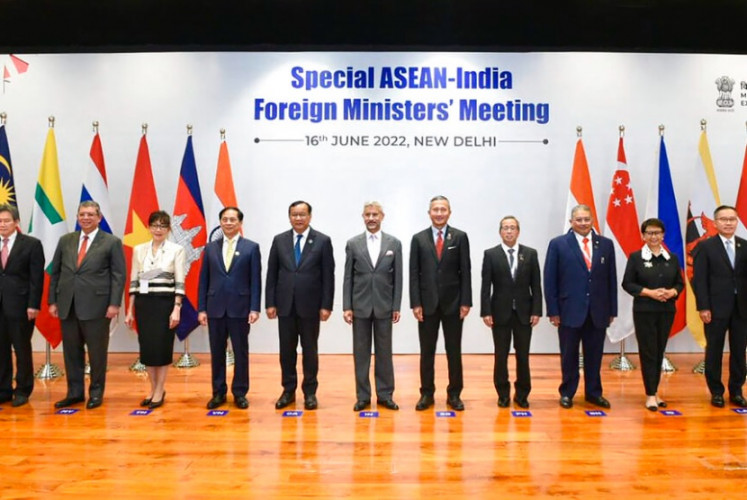Questioning the sustainability of JKN
Contrary to the praise from international community, JKN received more bad than good comments from Indonesians.
Change Size
 Contrary to the praise from international community, JKN received more bad than good comments from Indonesians. (Shutterstock/File)
Contrary to the praise from international community, JKN received more bad than good comments from Indonesians. (Shutterstock/File)
T
he national health insurance (JKN) scheme is considered a suitable step to improving the health of Indonesians. Among developing countries, Indonesia’s decision to establish the JKN is a bold step in fulfilling the spirit of universal health coverage (UHC), which is one of the Sustainable Development Goals (SDGs).
Ironically, contrary to the praise from international community, JKN received more bad than good comments from Indonesians. The rising awareness of the importance of access to health care has led Indonesians to be more critical, as well as more reactive, to the spreading information related to the policy of the JKN and the National Social Security for health provider BPJS-Kesehatan.
The news about the BPJS-Kesehatan’s plan to cut insurance coverage for eight chronic diseases, for instance, has triggered negative comments, revealing disappointment toward the JKN’s implementation. Although the news has been denied, there are some precious lessons that we can learn.
First, people are starting to question the sustainability of JKN financing, which is arranged by BPJS-Kesehatan, given the idea of cost-sharing for the eight chronic diseases. Health practitioners and experts have been skeptical about the JKN, which in fact, was more like health insurance than social security.
Nevertheless, not all Indonesians have a good understanding of how insurance works. The unfamiliarity with the concept of insurance has led to various consequences as they regard it as unlimited financial protection for health problems with only a one-off payment, and they are unaware of the responsibility to pay the premium monthly.
As the nature of “risk pooling” in any insurances, if the premium is failed to be pooled, the insurers might fail to cover the risk. This is one of the problems for BPJS-Kesehatan, as people tend to pay the premium only when they need the service — they treat the JKN as simple trading; they will pay if they get visible or tangible things.
One solution to the problem is to educate people on the nature of the JKN and incentivize people to pay the premium regularly. Nevertheless, educating people is not an easy task, as it needs time and effort.
















